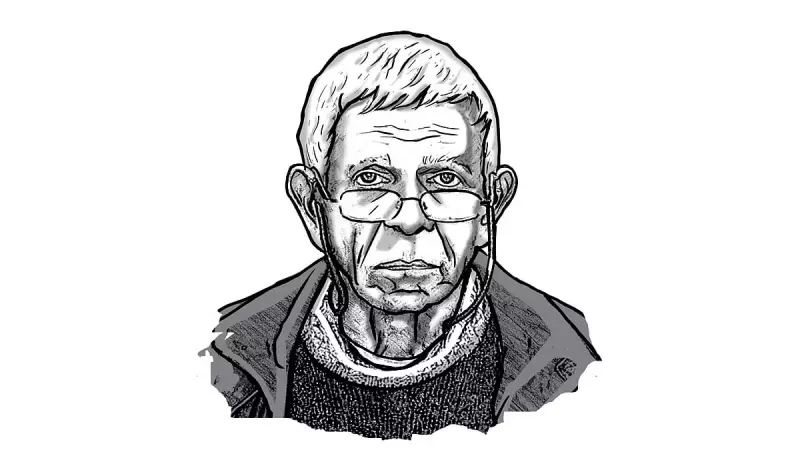
In a disturbing revelation that challenges conventional security paradigms, the sophisticated machinery of state-sponsored terrorism is being systematically unmasked, exposing a dangerous new era in global conflict. The traditional boundaries between conventional warfare and covert operations have become increasingly blurred, creating unprecedented challenges for international peacekeeping efforts.
The New Face of Global Conflict
Modern terrorism has evolved beyond isolated extremist groups to include sophisticated state-backed operations that leverage diplomatic cover and international protocols. These operations represent a fundamental shift in how nations pursue their strategic interests while maintaining plausible deniability in the global arena.
The implications are profound: when nations become direct participants in terrorist activities, the entire framework of international law and diplomatic relations faces severe strain. This new reality demands equally sophisticated responses from the global community.
Diplomatic Channels as Weapons
Perhaps most alarming is the weaponization of diplomatic protocols and international institutions. State actors are increasingly using their diplomatic privileges to shield terrorist operations, creating a dangerous precedent that threatens the very foundation of international relations.
This exploitation of diplomatic immunity and international agreements represents a cynical manipulation of systems designed to maintain global order, turning tools of peace into instruments of conflict.
The Intelligence Community's Dilemma
Intelligence agencies worldwide face unprecedented challenges in countering state-sponsored terror. The resources and sophistication that nation-states bring to these operations far exceed those of traditional terrorist organizations, requiring completely new approaches to intelligence gathering and analysis.
The traditional distinction between foreign intelligence operations and counterterrorism efforts has become increasingly irrelevant in this new landscape, demanding integrated responses and international cooperation.
Global Security at a Crossroads
The emergence of state-sponsored terrorism as a tool of foreign policy represents a critical juncture for global security. The international community must develop new mechanisms to address this threat while preserving the diplomatic frameworks that have maintained relative global stability for decades.
This requires not only enhanced intelligence sharing and coordinated action but also a fundamental rethinking of how the world responds to aggression that operates in the shadows between conventional warfare and terrorism.
The stakes couldn't be higher - the very credibility of international institutions and the future of global governance hang in the balance as the world confronts this sophisticated new threat to peace and security.





